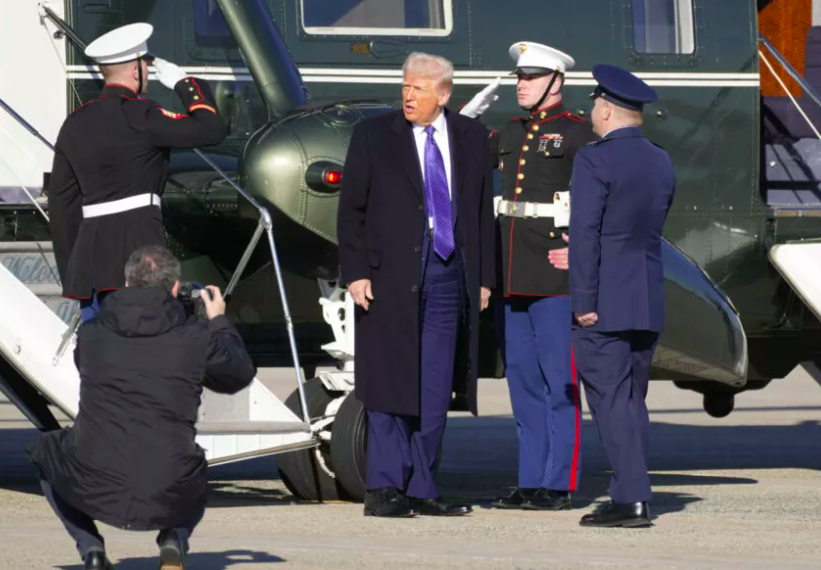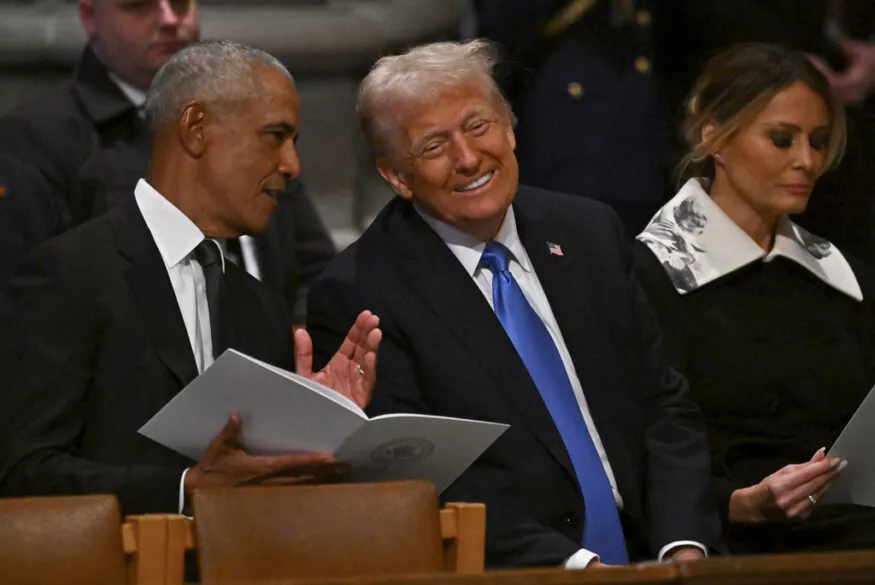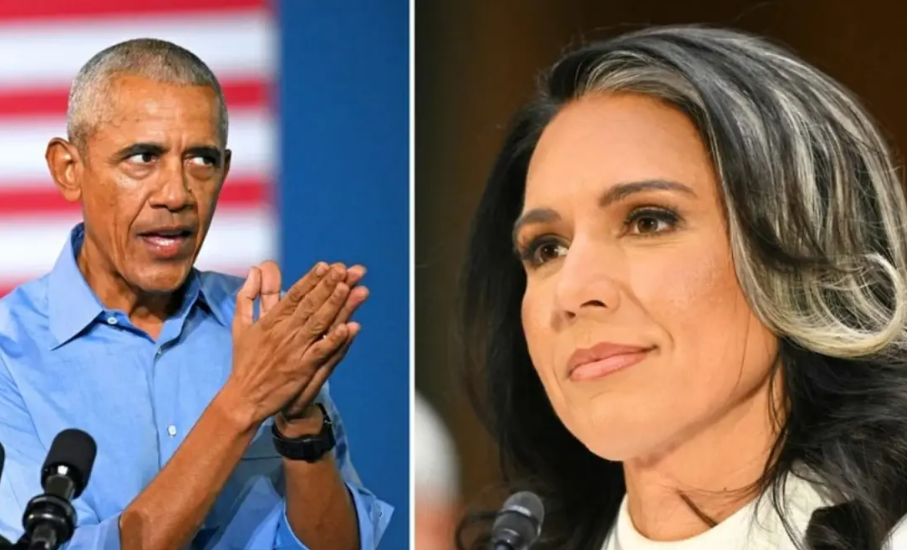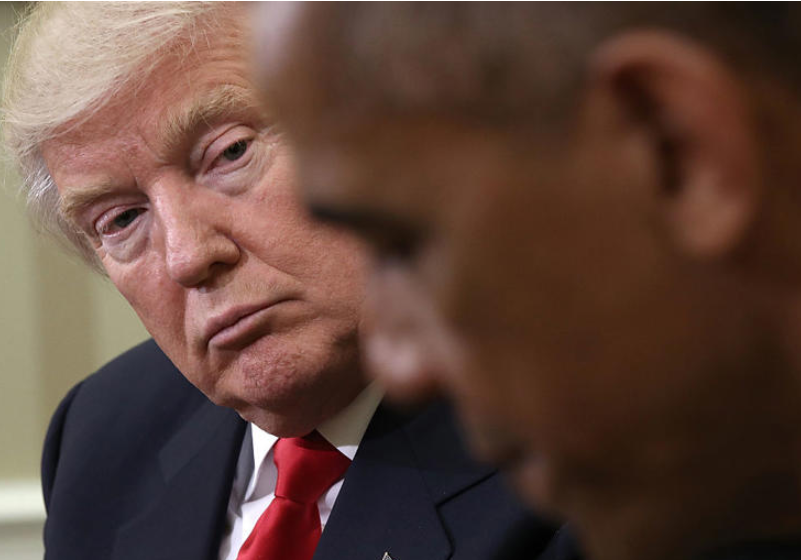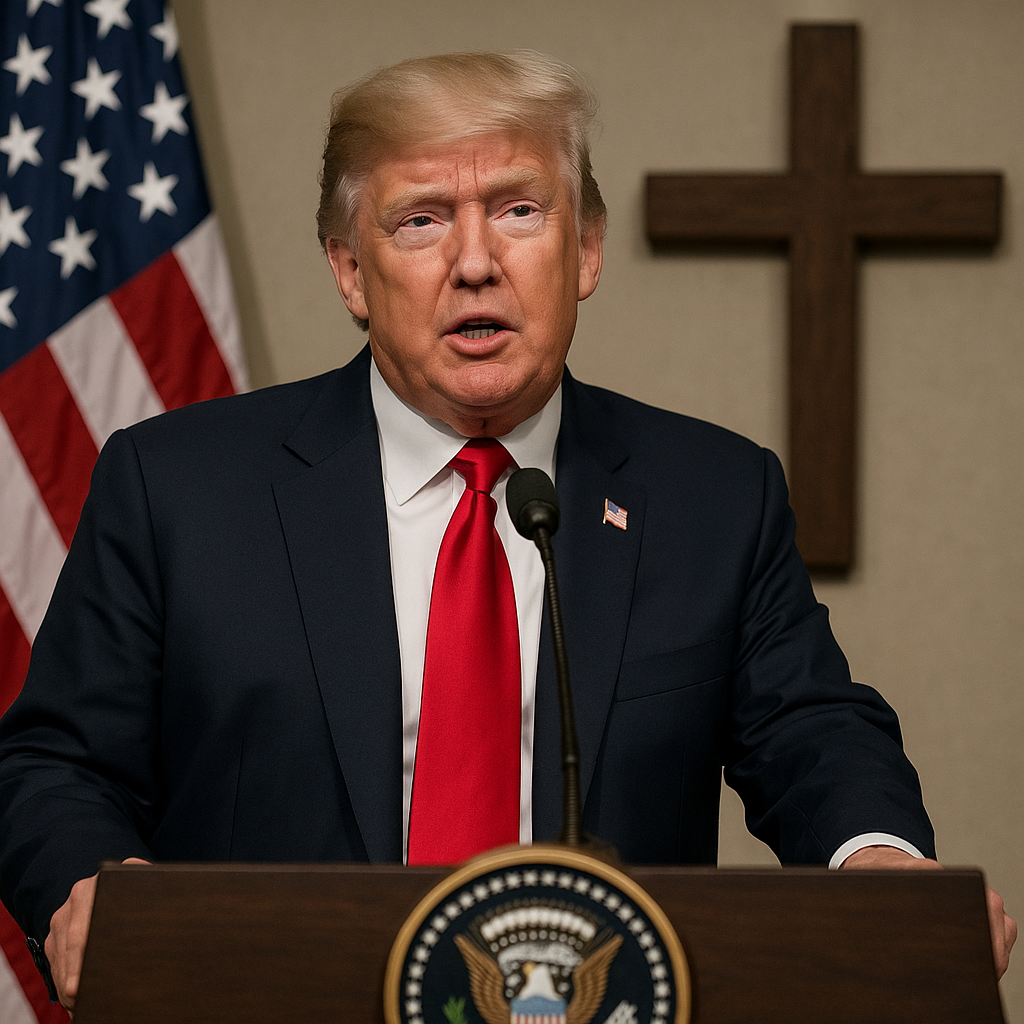In a bold assertion of his commitment to national interests, President Donald Trump declared, “He who saves his Country does not violate any Law.” This statement, shared across his social media platforms, underscores his unwavering belief in the legality and necessity of his administration’s actions, even as they face judicial scrutiny.
Judicial Roadblocks to Executive Actions
The Trump administration has encountered multiple legal challenges in its efforts to implement key policy initiatives. Notably, attempts to terminate birthright citizenship through executive order have been thwarted by federal courts, which cite the Constitution’s clear provisions on citizenship. Additionally, the administration’s endeavor to dismantle the U.S. Agency for International Development (USAID) has been temporarily halted by judicial intervention.
A Historical Perspective on Presidential Authority
President Trump’s recent pronouncement echoes sentiments attributed to historical figures who prioritized national salvation over strict legal adherence. This perspective suggests a belief that actions taken in the nation’s best interest, even if controversial, are justified. Such a stance invites debate on the balance between executive authority and constitutional constraints.
Implications for Federal-State Relations
The administration’s policy directions have also signaled potential conflicts with states like California, known for their progressive stances. Experts anticipate that President Trump may engage in extended disputes over issues ranging from public health and climate policies to immigration and education. Such conflicts could reshape federal-state dynamics and influence the implementation of state-level initiatives.
The Broader Context of Executive-Legislative Tensions
These developments occur within a broader context of ongoing tensions between the executive branch and the judiciary. The administration’s assertive policy moves have prompted a series of legal challenges, highlighting the dynamic interplay between different government branches. This situation underscores the importance of checks and balances in the U.S. political system.
Public Discourse and Media Narratives
Media coverage of these events varies widely, reflecting the nation’s polarized political climate. While some outlets critique the administration’s actions as overreaches of executive power, others defend them as necessary measures to uphold national interests. This divergence in narratives contributes to the ongoing debate about the role of media in shaping public perception and discourse.
Looking Ahead: The Future of Policy Implementation
As legal proceedings continue, the administration remains steadfast in its commitment to its policy agenda. The outcomes of these judicial challenges will have significant implications for the scope of executive power and the future of the contested policies. Observers and stakeholders alike are closely monitoring these developments, recognizing their potential to set important precedents for governance in the United States.


